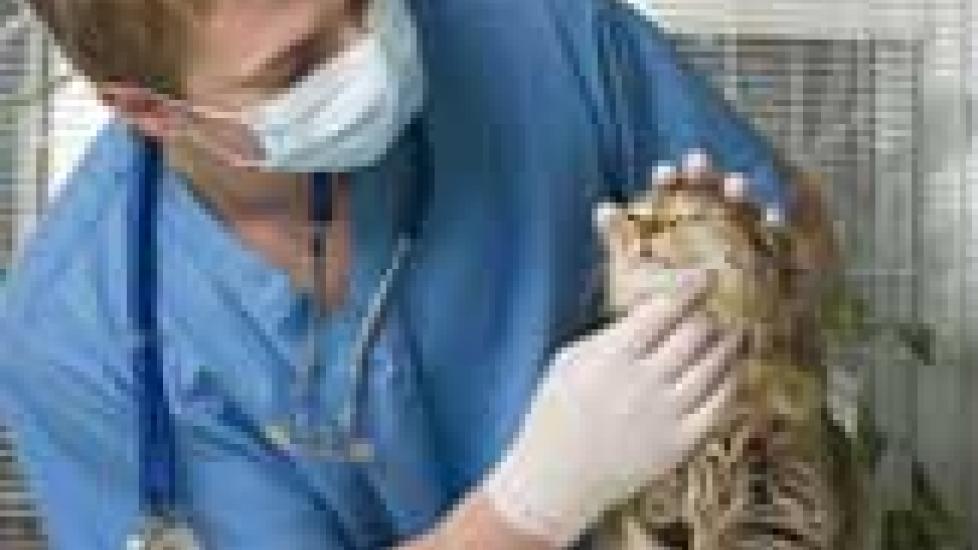Why Your Cat Needs to See a Doctor Now
As responsible cat owners, we all know (or should know) that regular veterinary examinations are a necessity for keeping our cats healthy. However, according to the most recent U.S. Pet Ownership and Demographics information released by the American Veterinary Medical Association (AVMA), 9.6% of cat owners do not take their cat to the veterinarian at all and 27.1% visit a veterinarian only when their cat is sick. According to AVMA estimates, that amounts to 20 million cats that only see a veterinarian if they are sick.
In the same AVMA survey, only 75% of cat owners indicated that routine check-ups are either very or somewhat important for their cat. That compares to 90% of dog owners. These statistics are troubling. One in every four cat owners believes that veterinary visits are not important for their cat! Let’s talk about why regular routine veterinary visits are important for your cat.
Cats are masters of disguise when it comes to hiding illnesses or pain. Signs that your cat is not feeling well can be subtle. These symptoms can be very difficult if not impossible for the average cat owner to be able to detect. However, that doesn’t mean that your cat is not suffering.
Cats can develop a number of health issues. Older cats in particular are at risk for arthritis, hyperthyroidism, chronic kidney disease, heart disease, and more. But younger cats are not immune to the effects of disease. Dental disease is one of the most frequent diseases seen in our pets and the majority of cats already show evidence of dental disease by the time they reach three years of age. Your veterinarian is trained to look for signs of these illnesses. She may rely on physical examination findings as well as blood tests, urine tests, radiographs, and even ultrasound technology to help detect and diagnose these diseases.
Finding and beginning proper treatment for disease conditions is usually most successful when the illness is detected early in its course. Many of these diseases have the ability to affect your cat’s quality of life. They can also significantly shorten your cat’s lifespan if left untreated. Early detection is critical to insuring a pain-free and long life for your cat.
Finances are a factor for many cat owners. Of course, veterinary care costs money. There’s no doubt about that. Still, practicing preventive health care for your cat is more cost effective than waiting for your cat to become seriously ill. Preventive health care includes regular veterinary examinations as well as keeping your cat up-to-date on vaccinations.
Discuss with your veterinarian what type of care you should be providing for your cat at home, too. Feeding a well-balanced diet and caring for your cat’s teeth and mouth properly are two things you can do at home to help keep your cat healthy. Your veterinarian will be able to help you choose a good diet, instruct you in dental care for your cat, and make other health care suggestions. Working together with your veterinarian, you can insure that your cat remains healthy and happy far into the future.

Dr. Lorie Huston
Image: Byelikova Oksana / via Shutterstock
